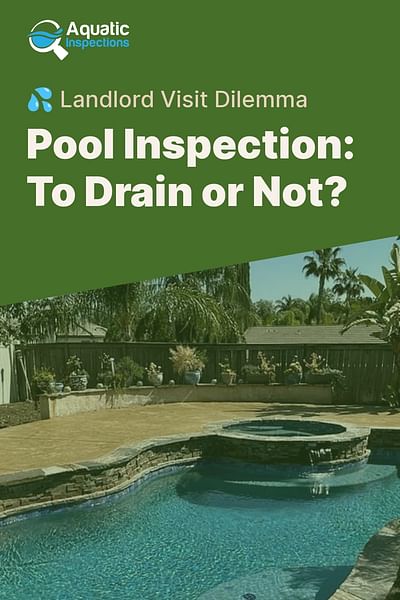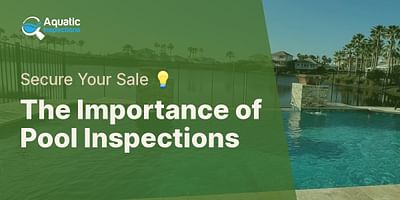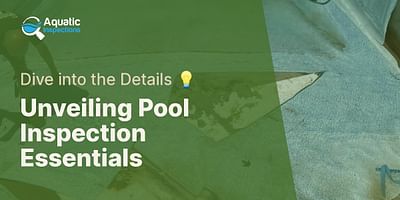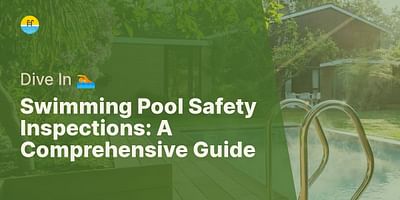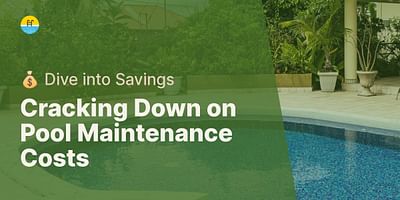Johnathan Waters is a certified pool inspector with over 15 years of experience in the field. He has a deep understanding of pool mechanics and is passionate about helping pool owners maintain their investments. Johnathan is known for his meticulous attention to detail and his ability to explain complex concepts in an easy-to-understand manner.
I understand that as a pool owner, you may have concerns about what is required for a landlord inspection and whether or not you need to drain your pool. Let me provide you with some guidance on this matter.
In most cases, draining your pool for a landlord inspection is not necessary. Landlord inspections typically focus on the overall condition and safety of the property, including the pool area. However, it's important to note that specific requirements may vary depending on your location and local regulations. Therefore, it's always a good idea to check with your local authorities or consult a professional pool inspector to ensure compliance with any specific guidelines in your area.
During a landlord inspection, the pool will be evaluated for any visible signs of damage, leaks, or safety hazards. The inspector will typically assess the pool's structure, equipment, and surrounding area to ensure everything is in good working order and meets safety standards. This includes checking the pool's filtration system, pumps, drains, and any safety features such as fences or covers.
To prepare for a landlord inspection, there are a few key steps you can take to ensure your pool is in top condition:
1. Clean and maintain the pool: Regularly clean the pool, remove debris, and maintain proper water chemistry. This includes balancing the pH levels, sanitizing the water, and regularly checking the pool's filtration system.
2. Address any visible issues: If you notice any visible damage or issues with your pool, such as cracks, leaks, or broken equipment, it's important to address them before the inspection. Repairing or replacing damaged components will not only improve the safety of your pool but also demonstrate your commitment to maintaining the property.
3. Check safety features: Ensure that any safety features required by local regulations are in place and functioning correctly. This may include pool fences, gates, alarms, or covers. Regularly inspect and maintain these features to ensure they are in good working order.
4. Keep documentation: It's always a good idea to keep records of any maintenance or repairs performed on your pool. This documentation can serve as proof of your efforts to maintain the pool and address any issues that may arise during an inspection.
Remember, as a pool owner, it's your responsibility to maintain the pool and ensure it is safe for use. While landlord inspections may not require you to drain your pool, it's crucial to stay informed about any specific requirements in your area. By following these tips and staying proactive in your pool maintenance efforts, you can ensure a smooth landlord inspection process and enjoy a safe and well-maintained pool year-round.
If you have any further questions or need assistance with your pool maintenance or inspection, feel free to reach out to us at Aquatic Inspections. We're here to help!



